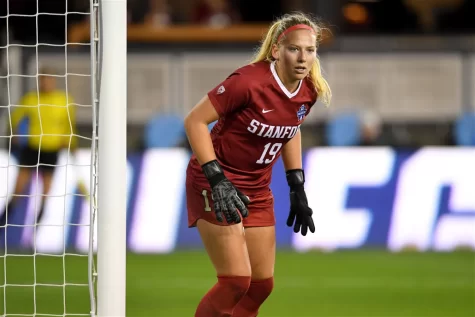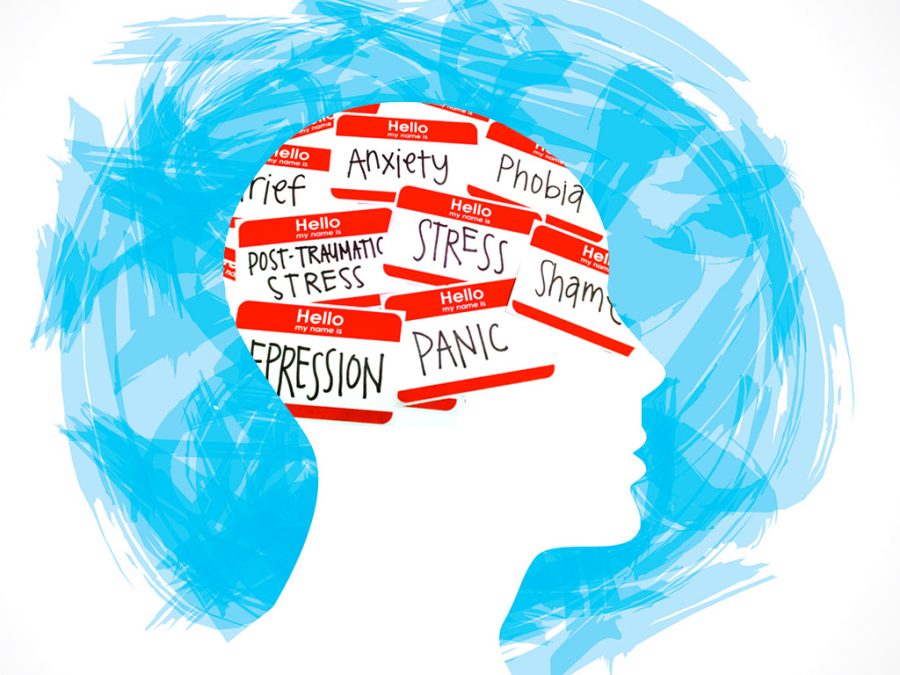Mental Health in Student Athletes
As the pressure to succeed both academically and athletically continues to mount, student-athletes across the country are facing a growing mental health crisis. With mounting expectations from coaches, peers, and themselves, many young athletes are struggling to cope with stress and anxiety that can have significant long-term effects on their well-being. But while the problem is widespread, there are steps that can be taken to address it – While “Only 10% of all college athletes with known mental health conditions seek care from a mental health professional.”( Athlete Mental Health 2023: Statistics And Trends • GITNUX) So while increased access to counseling services is wanted we need to have a greater awareness of the unique challenges faced by these young athletes almost every day.
 Mental health is a critical aspect of every individual’s overall well-being. Student-athletes, in particular, are susceptible to mental health challenges due to the immense pressure that comes with balancing academic responsibilities and athletic commitments. “Student-athletes continue to report elevated levels of mental health concerns, with rates of mental exhaustion, anxiety, and depression remaining 1.5 to two times higher than pre-pandemic levels.” (Athlete Mental Health 2023: Statistics And Trends • GITNUX) The stress can lead to anxiety, depression, and even thoughts of suicide. It is therefore essential for coaches, teachers, parents, and guardians to be aware of these challenges and take proactive steps toward addressing them.
Mental health is a critical aspect of every individual’s overall well-being. Student-athletes, in particular, are susceptible to mental health challenges due to the immense pressure that comes with balancing academic responsibilities and athletic commitments. “Student-athletes continue to report elevated levels of mental health concerns, with rates of mental exhaustion, anxiety, and depression remaining 1.5 to two times higher than pre-pandemic levels.” (Athlete Mental Health 2023: Statistics And Trends • GITNUX) The stress can lead to anxiety, depression, and even thoughts of suicide. It is therefore essential for coaches, teachers, parents, and guardians to be aware of these challenges and take proactive steps toward addressing them.
One way of addressing mental health in student-athletes is by creating awareness about the issue. ” Prioritizing mental recovery by emphasizing proper sleep and implementing off-days.” (https://www.trine.edu/) Coaches and trainers should educate their athletes on the importance of taking care of their mental health just as much as they do their physical health. They should encourage open communication and create safe spaces where athletes can express themselves without fear of judgment or retribution. Additionally, schools should provide access to counseling services for students who need them.
Another crucial step towards addressing mental health in student-athletes is promoting work-life balance.” Knowing what your overall goals are and prioritizing them can also help create balance. As an athlete, you likely have specific goals that you want to achieve in your sport. Making sure to prioritize these goals and plan your training schedule around them can be beneficial.” (https://wearegameplan.com/work-life-balance/) Oftentimes, student-athletes spend most of their time practicing or competing in sports, leaving little time for academics or social activities. Schools should strive to create an environment that encourages a balance between academics and athletics. This could include providing flexible schedules that give student-athletes enough time to study and socialize outside sports hours.
In conclusion, mental health is a critical component of overall well-being among student-athletes. The pressures associated with balancing schoolwork and athletics can lead to the development of anxiety disorders or depression if left unaddressed. Therefore, coaches, teachers, parents, and guardians must take proactive measures toward educating students on the importance of mental wellness while encouraging work-life balance within academic institutions.





